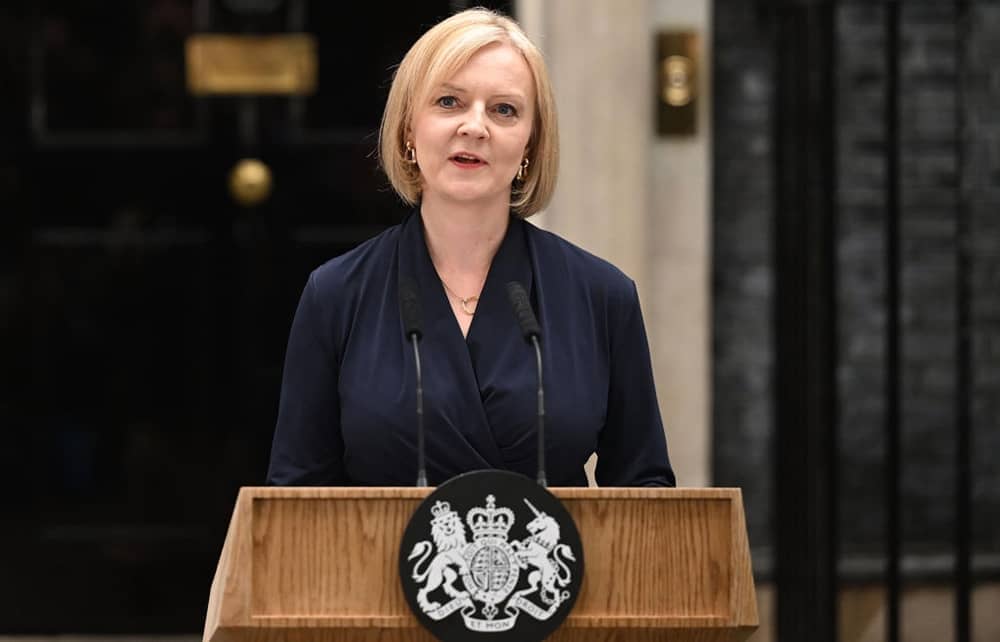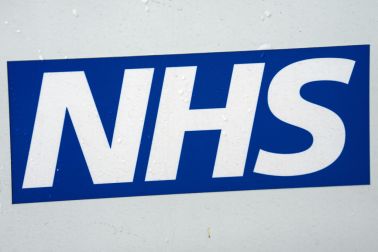It’s hard to think of any Prime Minister who has entered office surrounded by such low expectations. Liz Truss was backed by just over half of Conservative party members and secured barely an eighth of MPs in the first ballot. Her critics dismiss her as a lightweight, wholly unsuited to tackling the problems now facing the country. The presumption is not just for trouble, but calamity: the fastest drop in living standards in living memory, followed by prolonged recession and worse.
So if Truss manages to send inflation into reverse and makes a noticeable cut to taxes by Easter, it will be seen as quite an achievement. She has also been helped by Rishi Sunak’s somewhat wild exaggeration of the risk her tax cuts posed to the public finances. Her proposed reduction of National Insurance by 1.25 percentage points, while welcome, is rather small – and was priced in by the markets some time ago. If they were going to baulk at Trussonomics, they’d have done so already.
Perhaps the biggest threat to Truss’s survival is the state of the National Health Service. It’s striking that her long-standing ally Thérèse Coffey, now her deputy, was asked to become Health Secretary. The new Prime Minister must deal with an organisation in deep crisis.
Too many lives are at stake for NHS reform to be ignored
Some 29,317 patients had to wait more than 12 hours to be admitted to hospital after being seen in A&E in July, up from a few hundred before the pandemic. The average ambulance wait time for illnesses such as strokes was just under an hour, three times as long as was normal in 2019. There are 356,000 people who have waited more than 52 weeks for an operation or other procedure – such waits had been eliminated prior to Covid.







Comments
Join the debate for just £1 a month
Be part of the conversation with other Spectator readers by getting your first three months for £3.
UNLOCK ACCESS Just £1 a monthAlready a subscriber? Log in